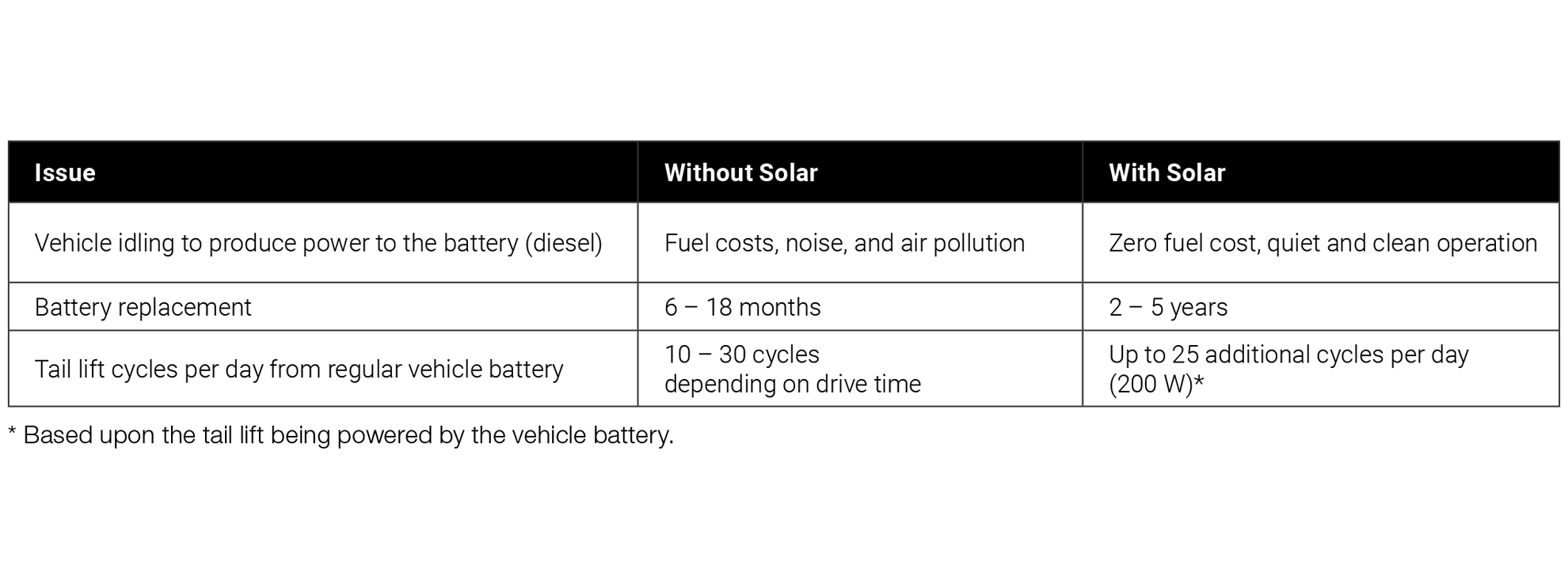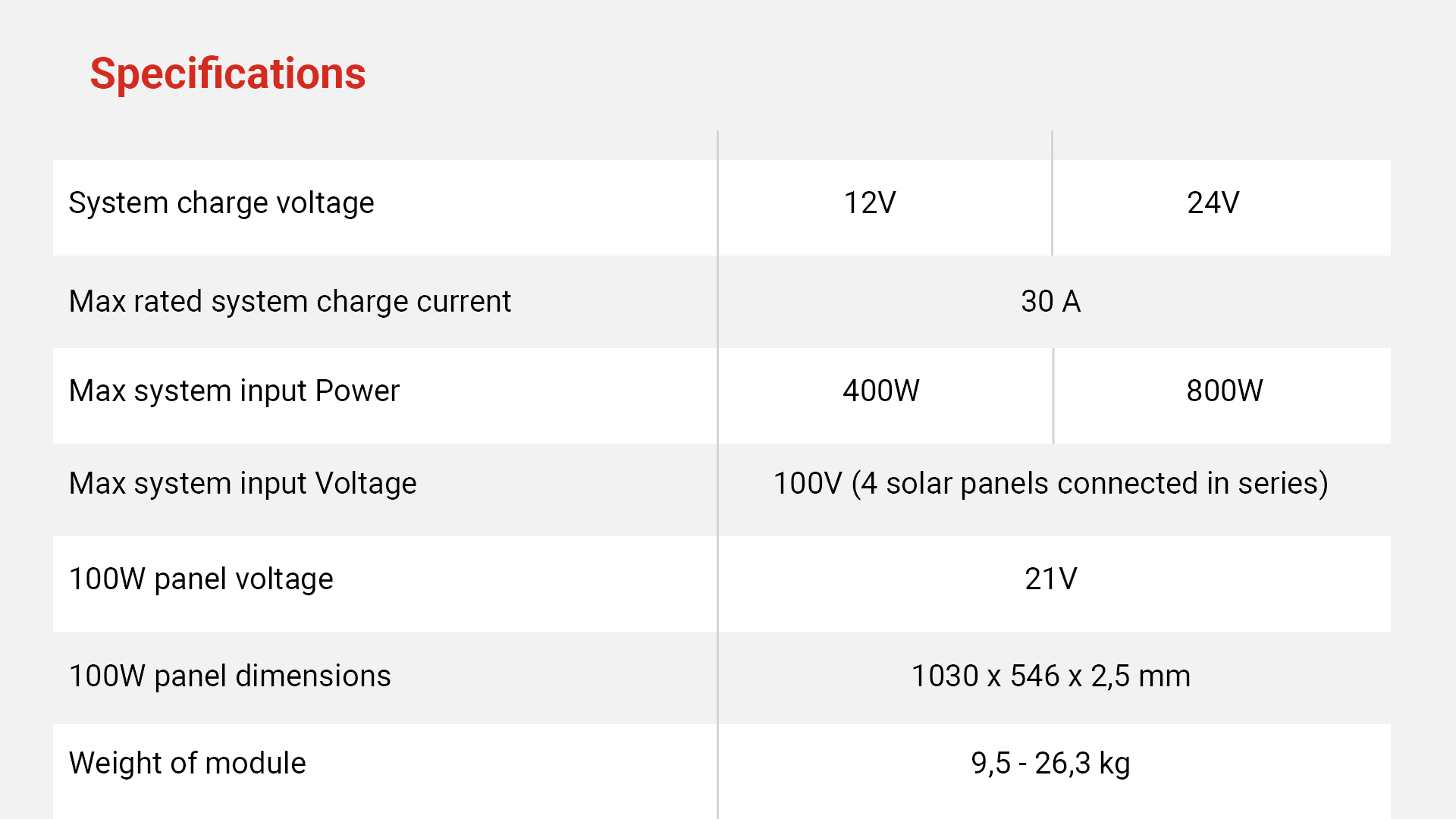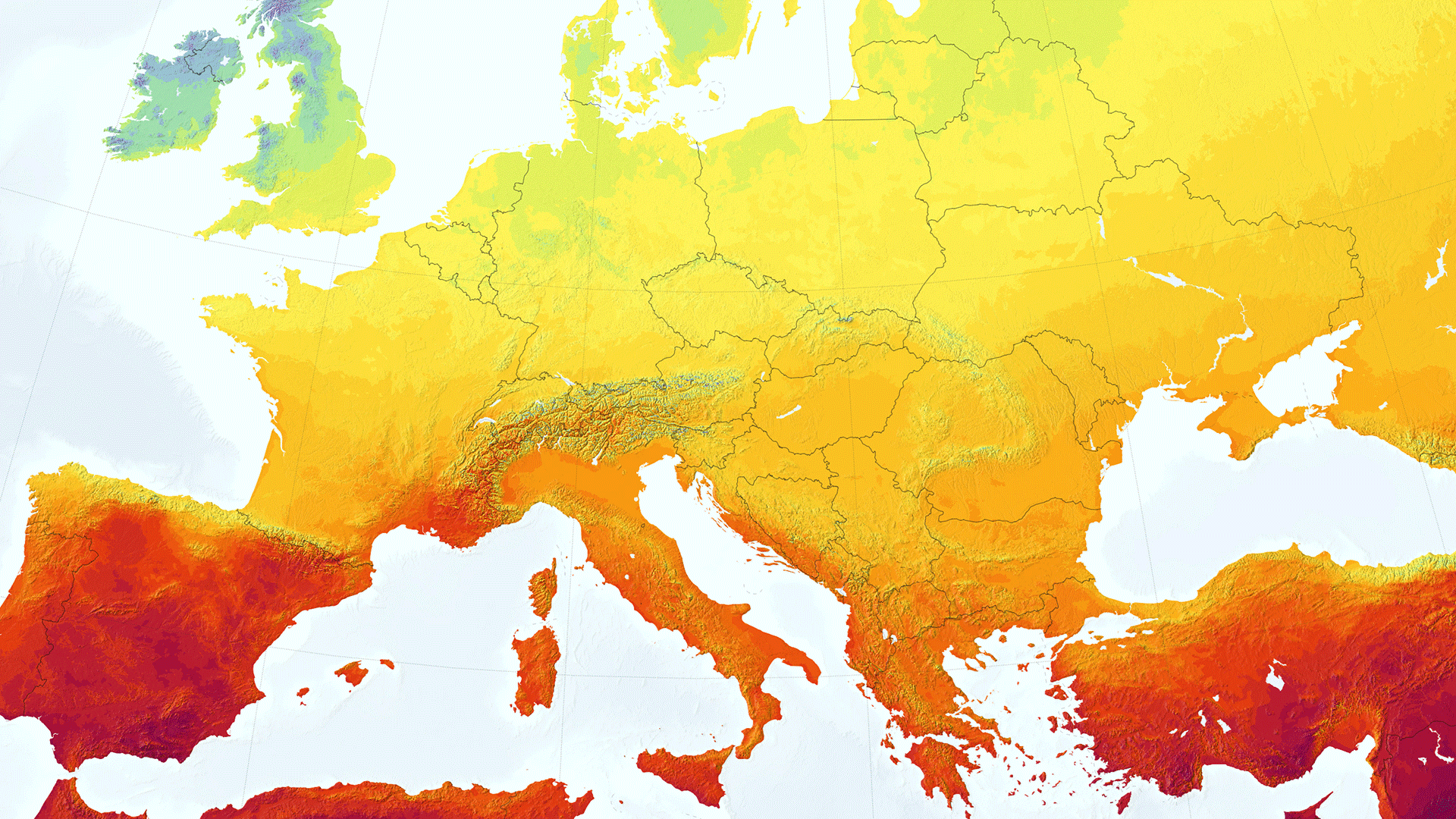- Hiab Corporate
- DEL
- DEL Solar Charger
Maximise the use of your tail lift
Research shows that most road calls are related to power failures. The DEL Solar charging solution solves this problem by generating power through solar panels on the roof of your truck or trailer and storing it in your tail lift battery.
Stay charged
- Unlimited energy source
- Power generation without marginal cost
- Supports battery charging to optimum level
- Charging continues even when your vehicle is stationary
- Never overcharges
- Suitable for retrofits and new equipment
DIESEL VEHICLES AND TRAILERS
Maximise the use and service life of your tail lift while keeping battery performance and reducing emissions.
- Extend battery life by maintaining optimum health
- Protect your tail lift by avoiding voltage drops
- Reduce emissions by avoiding idling
- Avoid start up issues with optimal charge
- Charging source independent of tractor
ELECTRIC VEHICLES
Maximise the use of your tail lift while protecting the range of your electric vehicle.
- Preserve your vehicle range when using your tail lift
- Provide additional power to support ancillary equipment
Why choose solar power?
The sun’s power is unlimited, making it our most reliable energy source. It’s clean, cost-effective, and infinitely renewable. More importantly, with solar power your tail lift battery never dies. It keeps charging even when your vehicle is stationary, and never overcharges. All this means you can put an end to stops caused by power problems and maximise the uptime of your fleet.

THE PANELS
- Lightweight, less than 3 mm thick
- Durable, with impermeable lamination coating
- Modular and easy to install
- High-efficiency, monocrystalline cells
- Configurable to fit every application
- Does not affect overall unit height
SOLAR CONTROLLER
- Maximum power point tracking (MPPT) controller
- Monitors battery health
- Prevents overcharging
- Extends battery life with up to 50%
- LED panel for easy diagnostics
Panels installed in 4 easy steps
1. Clean the installation area
2. Lay out the panels
3. Attach the panels
4. Harness the electrical routing
Specification

Proven solution
- Intelligent solar controller
- Cells on panels won’t crack
- One cell broken – remaining cells on panel's keep working
- 5 years positive experience in the US mounted on vehicles and trailers with Hiab tail lifts
- 5-year warranty
FAQ
Are solar panels available as retrofit kits?
Yes – the panels are quick and easy to install as retrofit.
Should tail lift batteries be replaced when installing a solar panel retrofit kit?
We recommend installing fresh batteries with the solar charging solution.
How long does it take to install the DEL Solar charging solution?
Installation takes approximately two hours.
Does the vehicle auxiliary battery system still get wired to the solar charging system?
Yes, solar panels assist with maintaining batteries’ optimal charge level, between 12.7 and 14.4 volts.
Is there an option for solar charging a pallet jack?
The solar DCS kit includes a controller and relay logic to supply a 12-volt system for tail lift charging as well as a 24-volt system for pallet jack charging.
Does the DEL Solar charging solution carry a warranty?
The DEL Solar charging solution carries a 5-year warranty.
What about snow, ice, and dirt?
Because ice is translucent, it restricts but doesn’t prevent solar charging. Enough snow will block out the sun and prevent charging. However, as snow must generally be removed from highway vehicles, this issue is easily avoided. As for dirt, the solar panels are easy to clean, with rain doing some of the work for you. The panels’ placement also makes it unlikely that accumulated dirt will disrupt charging.
Will I get enough sun to charge my battery?
While the photovoltaic power potential (PVOUT) does vary between regions, the difference is smaller than you may think. For example, between Southern and parts of Northern Europe, the difference in PVOUT is only about 30%. Check the Global Solar Atlas to find the average PVOUT in your region.

